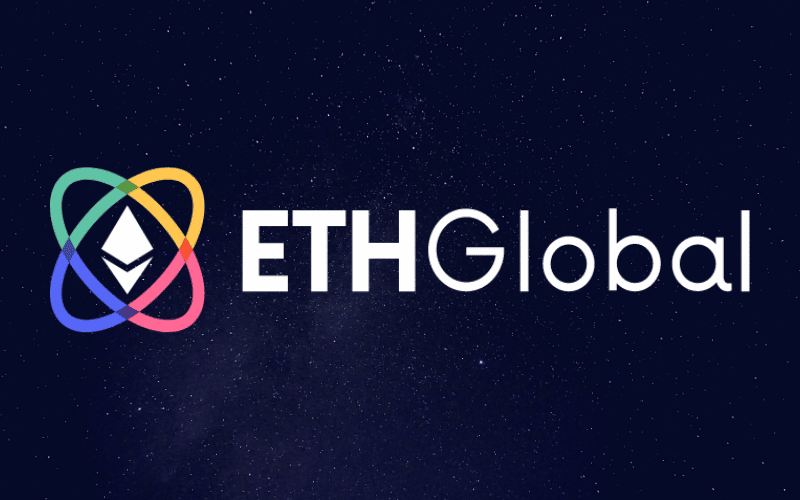Are the UK’s NFT Regulations in Mintable CEO’s Opinion Mint-ed or Mistaken?
UK at Risk of Regulating NFTs Incorrectly, Warns Mintable CEOHold on to your digital hats, folks, because the United Kingdom’s government is about to dive headfirst into the world of nonfungible tokens (NFTs). But, according to Mintable CEO and founder Zach Burks, they might be approaching it with all the grace of a bull in a china shop.
In a recent interview with Cointelegraph, Burks expressed his concern that a report from a U.K. parliamentary committee is blowing the role of NFTs in copyright infringement way out of proportion. They’re treating NFTs like they’re nothing more than volatile digital pictures, when in reality, they’re evolving into something so much greater.
According to Burks, NFTs are like a teenager going through a rebellious phase. They’re moving on from the speculative boom of PFPs (Profile Picture NFTs) and embracing the utility of brands implementing NFTs for a whole range of purposes. It’s like NFTs have grown up and left their angst-riddled PFP days behind them.
But alas, the Culture, Media and Sport Committee just couldn’t resist wading into the NFT waters. In their October 11th report, they called on the government to take action and protect artists and content creators from copyright infringement associated with NFTs. Valid concerns, no doubt, but are they really unique to NFTs?
- Cryptocurrency market value soars, is a wild bull market imminent?
- German Brands Embrace NFTs: Revolutionizing Tradition with a Digital Twist
- Judge Rules in Favor of Yuga Labs: NFT Copycats Get the Hammer!
Burks, with his trademark wit, pointed out the obvious. He said, “Sure, NFTs may be used for copyright infringement, but so is WordPress. So is YouTube. So is Spotify. I mean, Google, the big cheese of the internet, hasn’t quite cracked the code on combating copyrighted material on YouTube, and they’ve got deep pockets.”
He’s got a point. These copyright issues are as old as the internet itself. It’s like trying to solve a Rubik’s Cube blindfolded while riding a unicycle. Tricky stuff.
While Burks commends the need for copyright protections, he argues that singling out NFTs is like pinning all your hopes on the tooth fairy to fix your cavities. It’s just not going to happen. NFTs are a marvelous chameleon-like technology that can be utilized in countless ways – from car records to property records, and even as backup layers or supply chain systems.
As he put it, “An NFT is effectively a website.” Think of it like this: If you use your website to sell books, you fall under the laws regulating book sales. But if you start selling drugs on your website, well, that’s a whole different story.
According to Burks, NFTs are wild, untamed beasts capable of so much more. They’re like a Swiss Army knife on steroids. Yet, here we have a committee recommending that NFTs be treated like simple pieces of digital art, completely ignoring their incredible versatility.
But don’t despair! Burks suggests that regulators take a page from Singapore’s book. In Singapore, they evaluate NFTs based on their specific use cases. If it’s an NFT representing a Tesla stock, it’s treated as a security. If it’s an NFT facilitating the sale of illegal substances, it’s treated like… well, illegal substances.
So, dear readers, as we navigate the wild and unpredictable world of NFTs, let’s not let ourselves be boxed in by narrow-minded regulators. Let’s embrace the true potential of NFTs and explore the boundless opportunities they offer, while keeping an eye on those snazzy regulators in Singapore for some inspiration.
Remember, folks, NFTs are not just digital art. They’re the key to a whole new realm of possibilities.
Now it’s your turn! What are your thoughts on the U.K. government’s approach to regulating NFTs? Do you think NFTs are being unfairly singled out? Or do you believe stricter regulations are necessary? Let us know in the comments below, and as always, stay curious and keep exploring!
We will continue to update Blocking; if you have any questions or suggestions, please contact us!
Was this article helpful?
93 out of 132 found this helpful
Related articles
- Unveiling the Humorous Side of Solana Incubator: Get Ready to Launch Your Rocket!
- Future Trends in the Entertainment Industry How NFTs Shape Asian Fan Culture and Business Models
- Neon Machine Raises $20 Million for Blockchain-infused Game “Shrapnel”
- Get ready for epic mobile dungeon adventures with Immutable’s Guild of Guardians A Game Review
- Peeking into the Flooring Protocol reveals that fragmenting NFTs does not solve the pain points of the NFT market.
- Doge Uprising: Revolutionizing the Crypto World with Manga and Memes! 🚀
- Brawlers Wrestle Their Way to Epic Games Store





